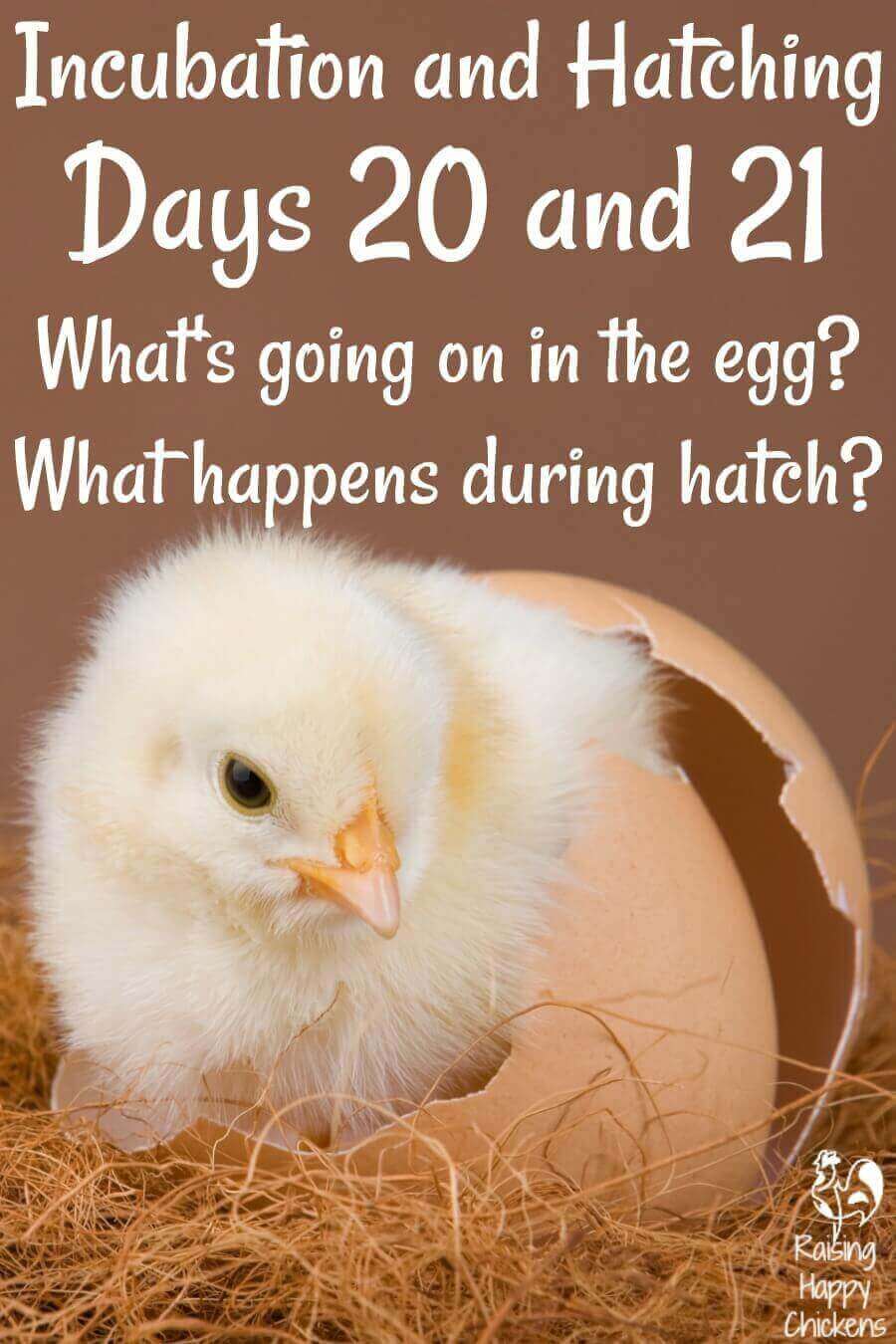If you are considering raising chickens, one of the first questions you may have is “How long does it take to hatch a chicken egg?” The answer to this question can vary depending on the breed of the chicken, the fertility of the egg, and the temperature at which the eggs are incubated. In this article, we will discuss the basic steps involved in hatching a chicken egg and the estimated time it takes for a chick to emerge.
Types of Chicken Eggs
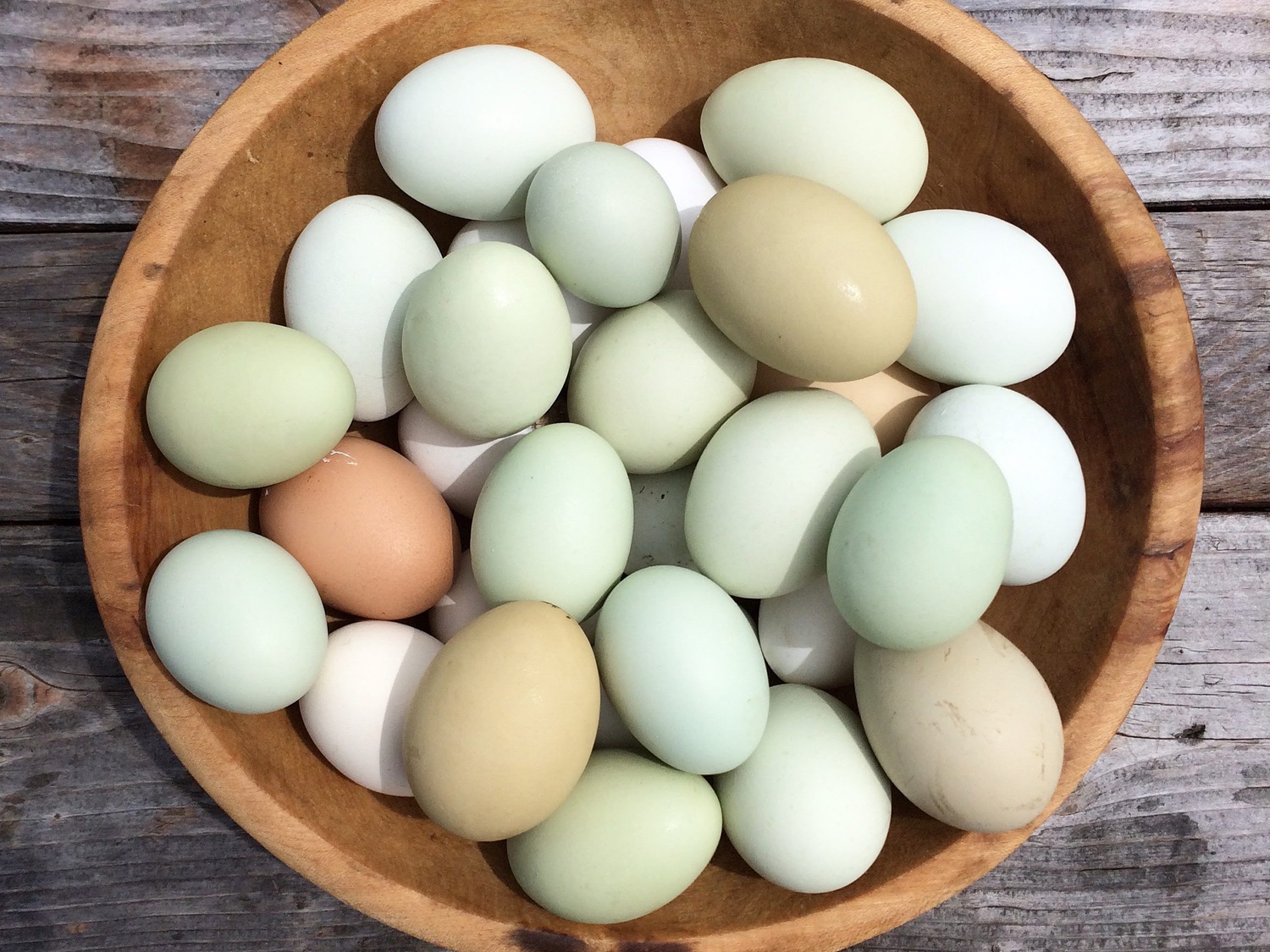
Natural Chicken Eggs
Natural Chicken Eggs usually take 21 days to hatch if incubated properly, although some eggs may take a few days longer or shorter. The temperature and humidity of the incubator must be within the correct range for the duration of the incubation period.
Store-Bought Chicken Eggs
Store-Bought Chicken Eggs may take slightly longer or shorter to hatch, depending on their age and conditions in the store. Store-bought eggs may also have been stored in a cool place, delaying the start of their incubation. To ensure your store-bought eggs hatch, it is best to keep them at room temperature for at least 24 hours before incubating them. This will give the eggs time to adjust to their new environment, increasing the chances of success. On average, store-bought eggs should take between 21 and 25 days to hatch.
No matter the type of egg, it is important to monitor the temperature and humidity of the incubator to ensure the best chance of success when attempting to hatch a chicken egg. Achieving the correct temperature and humidity levels will help ensure the egg is kept safe and warm, giving the embryo the best chance of survival and a successful hatch.
Factors that Affect Hatching Time
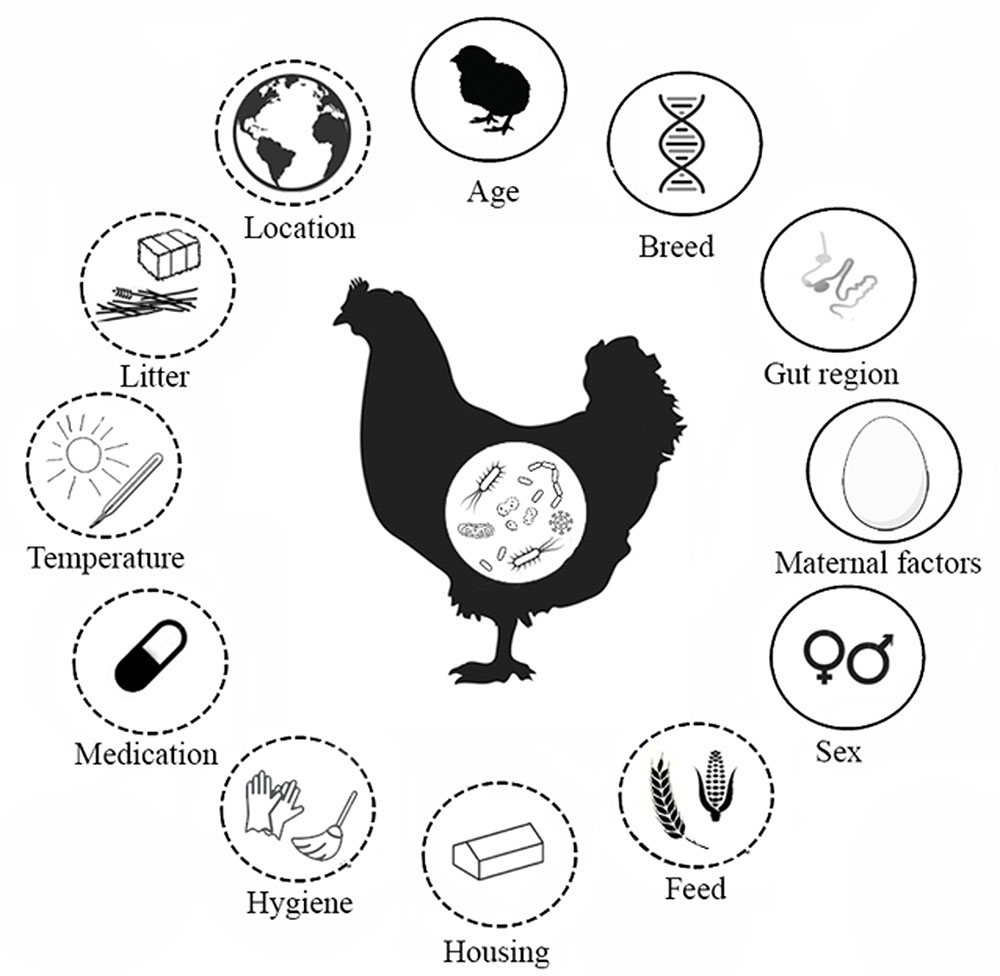
Egg Quality
Egg quality is an important factor in determining the hatching time of a chicken egg. Fertilized eggs should be free of defects, clean, and dry for successful hatching. Poor quality eggs can take longer to hatch and may even fail to develop.
Temperature
The temperature of the incubator plays a crucial role in the hatching process. The eggs should be kept at a stable temperature of 99.5-102°F. If the temperature is too high or too low, it can lead to slow hatching or even embryo death.
Humidity
Maintaining the right humidity level is also essential for successful hatching. The humidity should be between 40-50% during incubation. If the humidity is too low, the eggshell may dry out and the embryo will not be able to survive.
Ventilation
The incubator should be properly ventilated to ensure the eggs receive enough oxygen. Adequate ventilation ensures that the embryos get the oxygen they need for proper development. Poor ventilation can lead to poor hatching results.
Hatching Time for Natural Chicken Eggs
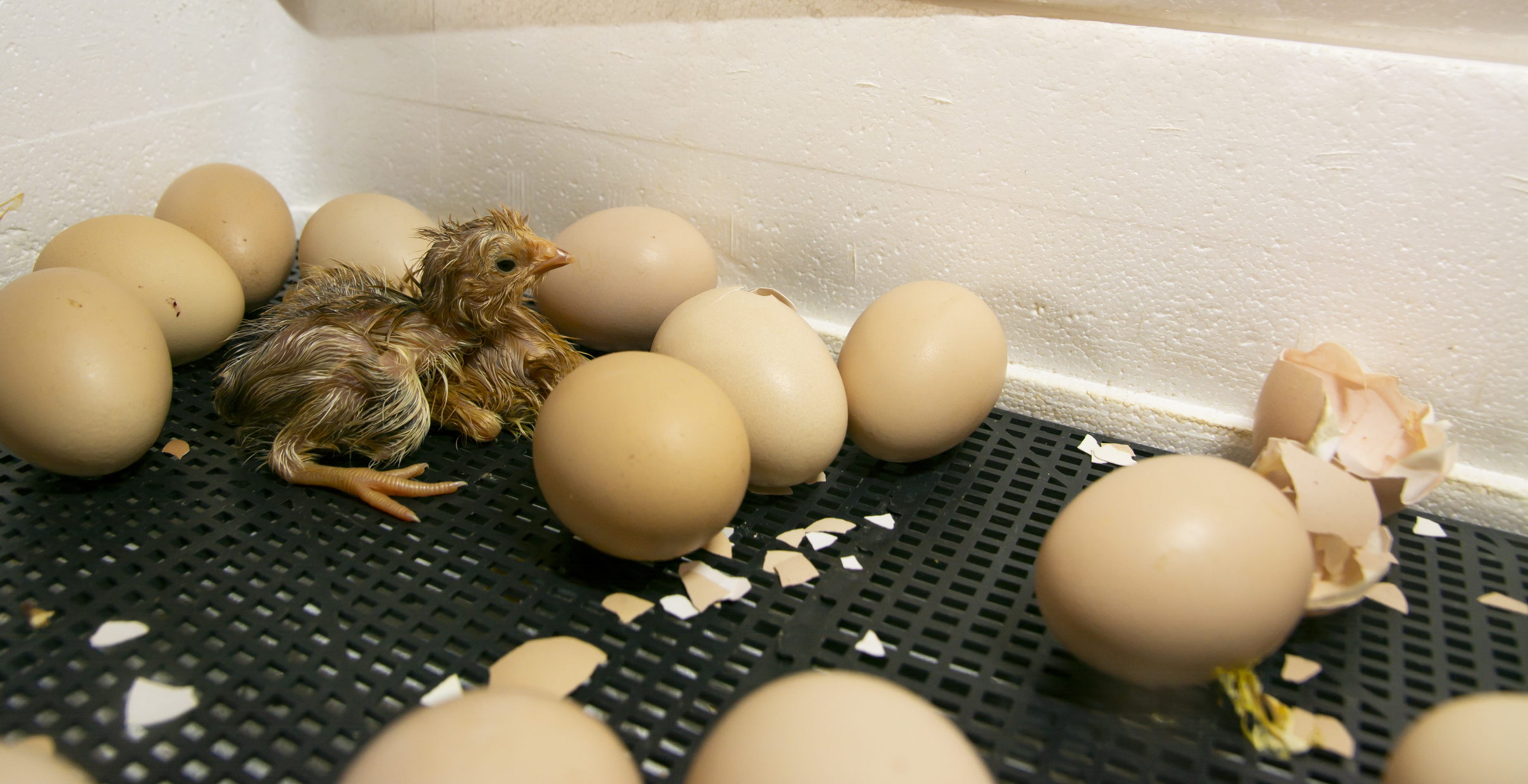
- Incubation Period: 21 days from the time the egg is laid.
- Hatchability: Around 90% of eggs will hatch successfully if proper conditions are met.
- Temperature: The eggs must be kept at a constant temperature of 99.5-100.5 °F.
- Humidity: The humidity must remain between 40-50%, and should be increased to 65-70% during the last few days of incubation.
- Turning: The eggs must be turned several times a day, at least three times.
- Pre-Hatching Care: The eggs must be checked daily for signs of hatching and proper conditions must be maintained.
Hatching Time for Store-Bought Chicken Eggs
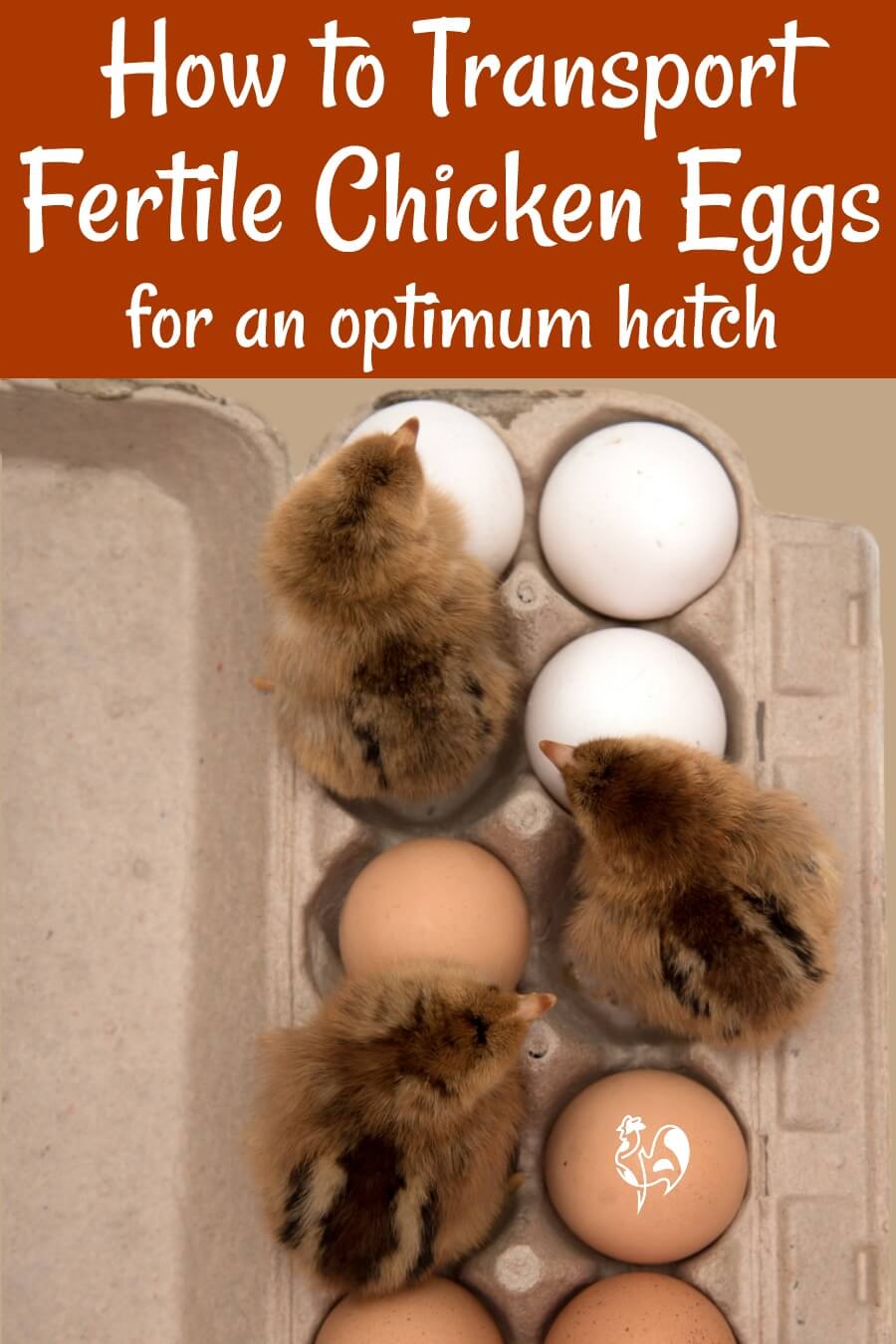
Store-bought chicken eggs typically take 21 days to hatch. The incubation period starts when the egg is placed in the incubator, not when the egg is laid. The ideal temperature for incubation is 99.5°F (37.5°C). The temperature should remain consistent throughout the incubation period. Humidity should also be monitored and kept between 50-55%. The eggs should be turned several times a day during the incubation period to ensure even hatching.
Once the eggs reach the 21 days mark, the incubator should be turned off and the eggs allowed to cool for 12-24 hours. This cooling period allows the chicks to break out of the shells without assistance. Once the cooling period is over, the eggs can be opened to reveal the chicks.
Table 1. Hatching Time for Store-Bought Chicken Eggs
| Stage | Duration |
|---|---|
| Incubation | 21 days |
| Cooling Period | 12-24 hours |
Incubation
The incubation process of chicken eggs can take anywhere from 18-21 days, on average. The time frame may vary depending on the breed and the environment. Temperature, humidity, and ventilation all play a key role in determining the length of the incubation period. The temperature should remain between 99-102°F (37.2-38.9°C) and the humidity should remain between 40-55%. The ventilation should be sufficient enough to provide oxygen to the developing embryo, while still maintaining a consistent temperature. After 18-21 days, the eggs should begin to hatch.
Troubleshooting Hatching Issues
Incubator Temperature – Too high or too low temperatures can have a negative effect on the hatching process. The optimal temperature is between 99.5-101.5°F (37.5-38.6°C).
Humidity – The incubator should be kept at a relative humidity of 55-65%. The humidity should be raised to 75-85% during the last three days of incubation.
Ventilation – The incubator should be well-ventilated to ensure proper air circulation.
Turning the Eggs – Eggs should be turned at least 3-5 times a day to prevent them from sticking to the incubator walls.
Candling Eggs – Candling can help identify any issues that may arise during the incubation process. It is best to candle the eggs twice a week.
Other Issues
- Ensure that the incubator is maintained in a clean and sanitary condition.
- Check for cracks in the eggshells.
- Make sure that the eggs are not exposed to any direct sunlight or other sources of heat.
- Check that the eggs are not exposed to any sudden temperature or humidity changes.
Frequently Asked Questions
What Type of Chicken Eggs are Best for Hatching?
The best eggs for hatching are from healthy, good-quality chickens. The ideal eggs should be clean, undamaged and not too large or small. The eggs should also be fertility-tested before being placed in an incubator. The ideal temperature and humidity levels should be maintained throughout the incubation period to ensure successful hatching.
How can I Tell When My Chickens are Ready to Hatch?
As the incubation period nears its end, the eggshells of the eggs will become transparent. It is also possible to observe the chickens moving inside the eggshell. The eggshell will become soft and the chicks will begin to pip the shell with their beaks. Once the chicks have fully piped the shell, hatching is imminent and the chicks should emerge within 24 hours.
Are there any special requirements for hatching chicken eggs?
Yes, there are special requirements for successful hatching of chicken eggs.
- A temperature of 37.5°C (99.5°F) is necessary for successful hatching.
- The relative humidity should be between 50-55% at the beginning of incubation and 65-70% during hatching.
- The eggs should be turned regularly throughout the incubation period (every 2-3 hours) to ensure even development.
- The eggs should be kept in a clean and sanitary environment free from contaminants.
- The eggs should be incubated in an area with good ventilation and free from drafts.
- The incubator should be regularly monitored for temperature and humidity levels.
Failure to meet these requirements will likely result in a failed hatch.
How Long Should I Keep the Eggs in the Incubator?
- Set the eggs: Place the eggs in the incubator for 21 days.
- Turn the eggs: Gently turn the eggs three times a day for the first 18 days.
- Maintain the temperature: Keep the incubator temperature between 99 and 102 degrees Fahrenheit.
- Keep humidity levels high: Humidity levels should be kept between 55 and 70%.
- Monitor the eggs: Check the eggs for signs of hatching every day.
- Remove the hatched chicks: As soon as the chicks have hatched, they should be removed from the incubator.
After 21 days, the eggs should be removed from the incubator and placed in a brooder box or a chicken coop. It is important to monitor the eggs for signs of hatching for the duration of the incubation period and to remove the hatched chicks as soon as possible.
What Do I Need to Do to Care for the Newly Hatched Chicks?
Provide a safe environment: Make sure the chicks have a warm, draft-free area with plenty of ventilation and protection from predators.
Keep them warm: Provide a heat source such as a heat lamp or heat pad to keep the chicks warm.
Provide food and water: Give the chicks a starter feed specially formulated for chickens and fresh, clean water.
Provide bedding: Use wood shavings or straw to provide a comfortable and dry environment for the chicks.
Monitor health: Check the chicks daily for signs of illness or injury.
Vaccinate: Follow the recommended vaccination schedule for the chicks.
Treat parasites: Treat the chicks for parasites such as mites and lice.
Socialize: Socialize the chicks by handling them and providing them with toys, perches, and other items to keep them stimulated.
Conclusion
It typically takes 21 days for a chicken egg to hatch. While the hatching process may vary slightly depending on the breed of chicken, the temperature, and other factors, the average incubation period for chickens is three weeks. With patience and proper care, the reward is a healthy and vibrant addition to your backyard farm.
